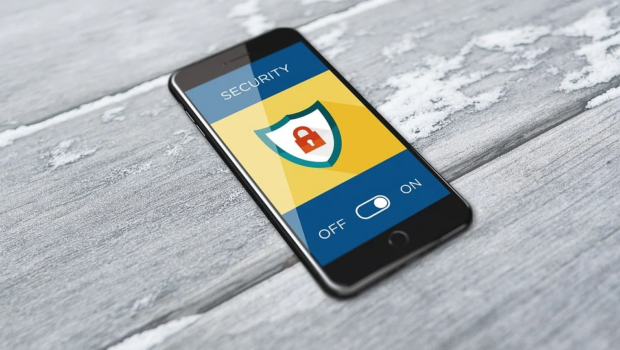How to Protect the Corporate Network With Mobile Device Security?
Mobile devices are indispensable in the professional world due to the technological developments and increasing popularity of smartphones, laptops, and tablets. They allow employees to work while they’re at home, on the road, or in coffee shops.
However, as the number of endpoints that corporate networks reach increases, the threats to corporate data become more and more significant. Thus, companies need to set up mobile device security measures to protect the corporate network and avoid legal issues.
The Importance of Mobile Device Security
Before mobile devices such as smartphones and laptops became common in the workplaces, device security, which mainly consisted of desktop devices, was somewhat straightforward compared to today. But now, the boundaries between the office and the outside world are vague, and employees can access corporate networks from anywhere.
One significant risk that comes with an increased number of mobile devices is the threat of device theft. It might not be a crucial issue when you have all the work computers in your office, but it’s a different story when your employees commute with corporate data in their pockets every day.
Another security risk that is greater on mobile devices than the traditional desktop devices is decreased level of trackability. When your corporate network is on desktop devices in your office, you have much more control over the access levels, and you can put certain limitations on which websites/applications can be used.
However, mobile devices, especially those provided by employees, can be limitless in terms of the websites, software, and applications they can use. If you don’t have a system by which you control the access on employee devices by yourself, mobile devices can be a severe liability. For these reasons, maximizing mobile device security is a must to protect the corporate network.
Essential Steps to Take For Mobile Device Security
Following the steps below might be a great idea if you don’t have a mobile device security policy. These can mitigate the risk of a corporate data breach and provide you with a smooth and secure remote work environment.
Set up Acceptable Use Policies (AUP)
AUPs are agreements usually between an employer and an employee that set up the restrictions on corporate data usage. These policies include limitations regarding acceptable applications, websites, or Wi-Fi connections. If your company works by “bring your own device” (BYOD) principles, an AUP policy is a must.
Educate Your Employees on Mobile Device Security
A regular user might not be aware of the threats that mobile devices pose for corporate data. As the business owner, make sure to set up certain educations with your IT department on privacy and protection of the corporate network. These training sessions are great for increasing your employees’ data protection awareness.
Set Up Reminders For Software Updates
Old software versions are liabilities to the corporate network as they might have security flaws. If your employees are not exactly tech people, they may overlook the need for software updates. As a result, your corporate network can face significant risks. In order to avoid this liability, you can set up software update reminders for your employees.
Implement Password Security Conditions
Generally, people use the same passwords for several different websites/applications as it is easy to remember. If data thieves get a hold of one of them, the remaining resources might also face the risk. Especially since mobile devices face the risk of getting stolen, setting up proper conditions for the passwords is crucial. In order to make things safer, be sure to have your employees change their passwords every two to three months.
The Safest Practice For Mobile Device Security: Enterprise VPN
While the steps emphasized above can help you have a certain level of mobile device security, there is one practice that eliminates the risk of a corporate data breach on mobile devices almost completely.
Using a cloud-based Enterprise VPN service is one of the safest ways to ensure mobile device security. Before granting access to the corporate network, they provide you with multiple checkpoints and diverse authentication processes, such as biometrics and 2FA. This means that even if your employees’ mobile devices are stolen, your VPN service will not let anyone access your corporate database.
Enterprise VPN services also protect your company’s mobile devices from cybercriminals. These cloud-based solutions create a tunnel between the corporate network and the employee’s mobile device, and all the information transmitted between the two is anonymous, protected, and encrypted. No one except your employees (who will be identified several times before granting access) will be able to see your corporate data.
If you’re looking for a maintenance-free mobile device security policy for your company, Enterprise VPN services are definitely the safest and the most effortless practice you can implement. As a matter of fact, these services are the only precaution you need to maximize mobile device security to prevent corporate network breaches.











